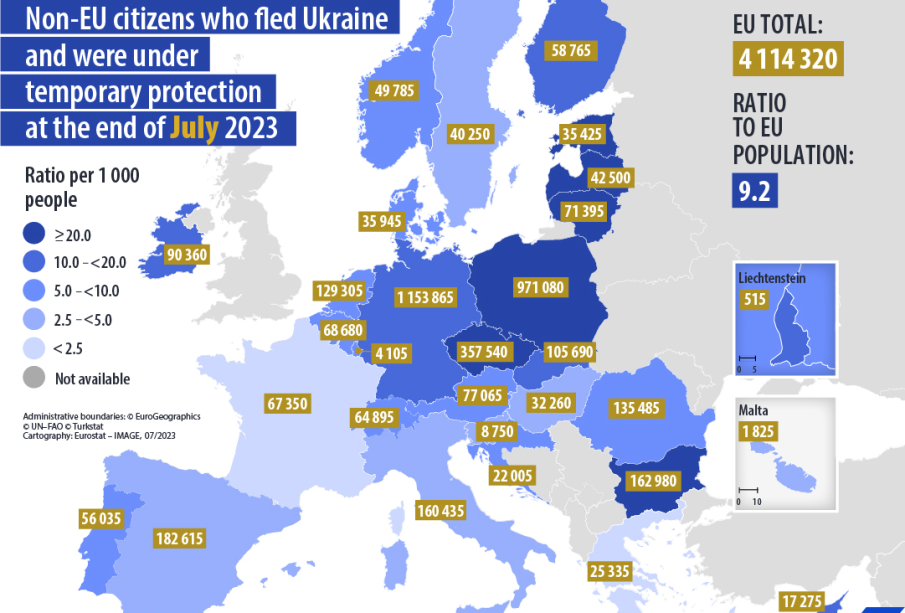Current Overview of EU Countries in 2023

Introduction
The European Union (EU) is a political and economic union of 27 European countries that have chosen to cooperate closely in various areas. The significance of these countries lies not only in their shared economic policies and regulatory frameworks but also in their collective influence on global affairs, trade, and international relations. As of 2023, the EU continues to play a pivotal role in tackling some of the most pressing issues, including climate change, migration, and economic stability.
Current Member Countries
The membership of the EU has evolved since its inception, with the most recent addition being Croatia in 2013. The current EU member countries include Austria, Belgium, Bulgaria, Croatia, Cyprus, Czech Republic, Denmark, Estonia, Finland, France, Germany, Greece, Hungary, Ireland, Italy, Latvia, Lithuania, Luxembourg, Malta, Netherlands, Poland, Portugal, Romania, Slovakia, Slovenia, Spain, and Sweden. Each country brings its distinct culture and strengths, contributing to the EU’s diversity.
Recent Developments
In recent months, EU countries have been focusing on various critical issues. The ongoing war in Ukraine has significantly affected the EU’s energy policies, leading to increased discussions on energy independence and transitioning to renewable sources. Many EU countries are investing heavily in green technologies and adopting ambitious climate goals in response to the global climate crisis.
Furthermore, discussions surrounding economic recovery post-COVID-19 continue to be a priority. The EU has rolled out the Recovery and Resilience Facility, providing financial support to its member states to stimulate economic growth and overcome the repercussions of the pandemic.
Significance for Readers
The developments within the EU countries are crucial for anyone interested in international relations, economics, or environmental issues. With upcoming elections in several member states, shifts in leadership could lead to changes in policies that affect both the EU and its global standing. Moreover, the EU’s response to ongoing geopolitical challenges, such as relations with China and the United States, is likely to shape the future of global diplomacy.
Conclusion
As we move forward into 2023, the EU countries continue to be a focal point of cooperation and innovation in Europe. Understanding their political and economic landscape is essential for comprehending broader global issues. The unity and efforts of EU member states may prove vital in addressing shared challenges and seizing opportunities that lie ahead.









